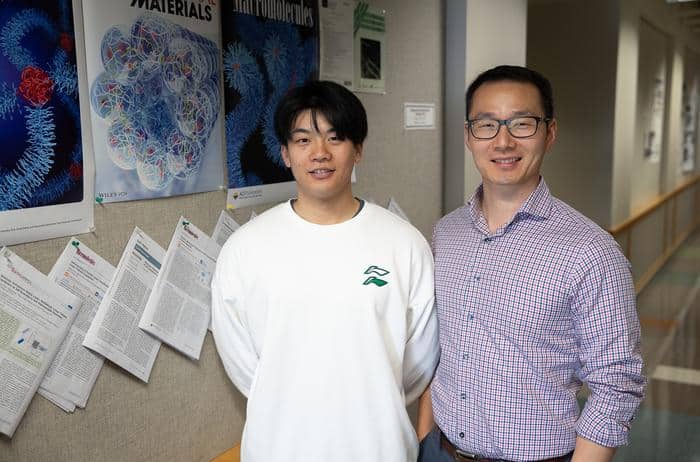ESA to use launch competition to test georeturn reforms
WASHINGTON — An upcoming European launch competition will be an early test of efforts by the European Space Agency to modify its approach to policies that link contracts to member state contributions.
ESA has long used a policy known as georeturn where member states are guaranteed contracts to companies based in their countries in proportion to the contribution those member states make to ESA programs. Advocates of georeturn argue that it provides an incentive for countries to fund those programs, while critics, primarily European companies, claim that it creates inefficiencies that make them less competitive.
“The policy is a source of economic inefficiency and harms the competitiveness of the European space industry,” concluded a European Commission report released in September. That report, known as the Draghi report after its chair, former Italian prime minister Mario Draghi, recommended that ESA do away with georeturn.
At a Dec. 18 briefing after the conclusion of an ESA Council meeting, ESA Director General Josef Aschbacher said the agency would work in 2025 on “simplifying” georeturn policies ahead of its ministerial meeting in November.
Georeturn was a key topic of what he called a “tiger team” that included people from both industry and ESA. “This tiger team has recommended that ESA is simplifying its implementation of georeturn,” he said. “The fact that georeturn is absolutely important for the member states has been confirmed, so there is no question about whether georeturn should or should not be applied.”
The simplification, he suggested, would involve applying georeturn in broad “envelope type of programs” rather than on a project-by-project basis. That approach has been endorsed by ESA members, with work in the coming year on implementation of that approach.
Géraldine Naja, ESA director of commercialisation, industry and competitiveness, called georeturn one of four “fundamental principles” of ESA industrial policy, alongside cost efficiency, European preference and use of competitive bidding. “The goal is to make sure that georeturn becomes fully compatible with competition and competitiveness,” she said at the briefing.
One approach to revising georeturn is known as “fair contribution,” where ESA first holds competitions for projects and member states then make contributions based on how companies in their countries fared in the competition. Naja said fair contribution will be included in the proposal for broader georeturn changes that ESA will propose at November’s ministerial meeting.
ESA plans to use fair contribution this year for the European Launcher Challenge, a competition to support the development of new launch vehicles by European countries. At the December ESA Council meeting, member states approved an “enabling resolution” that allows the agency to formally proceed with the competition.
Toni Tolker-Nielsen, ESA director of space transportation, said at the briefing that ESA plans to issue an invitation to tender (ITT), the agency’s version of a request for proposals, in February. The competition will operate under fair contribution rather than a traditional georeturn policy.
“There will be no constraints on georeturn in this ITT,” he said. “Industry is completely free to form consortia and they will propose to us based on that.” ESA will then prepare formal proposals to member states for funding based on those plans from industry.
Both companies and countries are gearing up for the European Launcher Challenge. The German government announced Dec. 19 that it was allocating 95 million euros ($98 million) to ESA’s “Boost!” program that will go to German launch companies HyImpulse, Isar Aerospace and Rocket Factory Augsburg.
In a statement, the German government said the additional funding was intended to assist those companies as they prepare to compete in the European Launcher Challenge. “It is more important than ever that we secure our technological sovereignty in Germany and Europe,” said Anna Christmann, federal government coordinator for aerospace. “With the European Launcher Challenge of ESA and the strengthening of the German micro-launchers, we offer the best conditions for this.”
Related
Read the original article here





